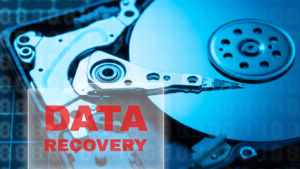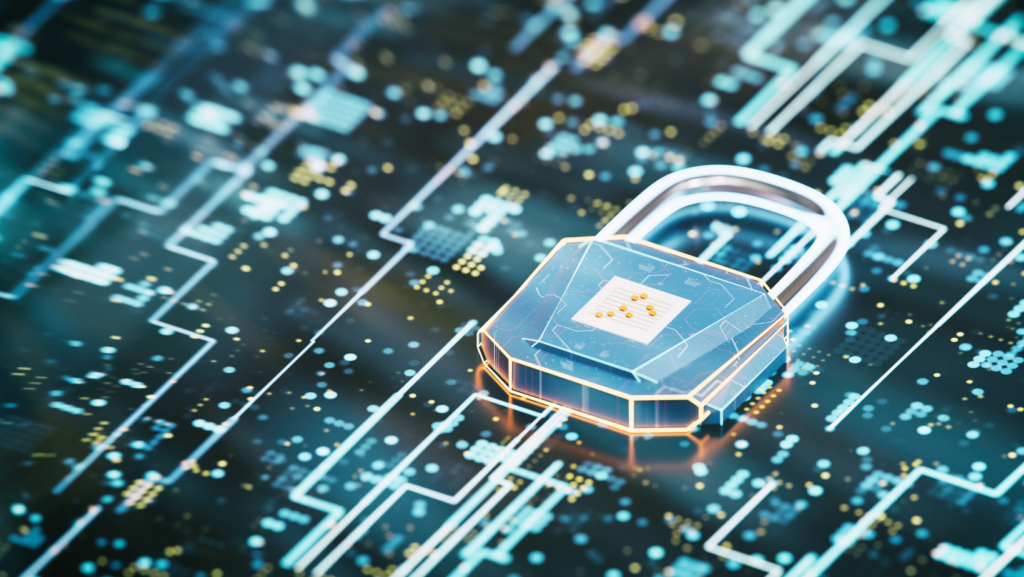In today’s digital age, data has become one of the most valuable assets for individuals and organizations alike. As data ownership and cybersecurity proliferates, questions about who truly owns it and how it’s protected are more crucial than ever. With cyber threats on the rise, understanding data ownership is vital to safeguarding personal and corporate information from malicious actors.

Businesses and individuals generate vast amounts of data daily, from social media interactions to financial transactions. This data holds immense value, yet its ownership often remains ambiguous, leading to potential vulnerabilities. Clarity on data ownership and cybersecurity not only empowers users but also strengthens cybersecurity measures, ensuring that data is used ethically and securely.
As technology evolves, so do the tactics of cybercriminals, making robust data protection strategies essential. By exploring the intersection of data ownership and cybersecurity, individuals and organizations can better navigate the digital landscape, fostering a safer, more secure environment for all.
Data Ownership and Cybersecurity
Data ownership and cybersecurity defines control over data, including the rights to access, modify, share, and delete it. Recognizing ownership is essential for protecting both individual and organizational data.
Definition of Data Ownership
Data ownership encompasses legal rights and control over data. Owners can decide who accesses, modifies, and distributes their data. This ownership is often influenced by agreements, such as terms of service in digital applications. Legal frameworks vary, making a clear understanding of rights crucial.
Importance of Data Ownership in the Modern World
Data ownership plays a critical role in ensuring privacy and security. As data breaches and unauthorized access increase, defining ownership helps establish responsibility and accountability. It empowers individuals and businesses to enforce data protection measures, thus mitigating risks associated with cybersecurity threats. Ownership also influences data’s economic value in analytics and decision-making, making it a pivotal aspect of business strategy in a digital economy.
The Interconnection Between Data Ownership and Cybersecurity
Data ownership and cybersecurity are intrinsically linked; possessing clear ownership enables robust cybersecurity measures to protect valuable digital assets.
How Data Ownership Impacts Cybersecurity Measures

Ownership defines the responsibility for data protection, guiding cybersecurity strategies. When individuals or organizations clearly know who owns data, they can tailor security measures to safeguard it effectively. These measures might include setting access controls or encryption, contingent on explicit ownership rights.
Cybersecurity frameworks, like the NIST Cybersecurity Framework and ISO/IEC 27001, emphasize understanding data ownership for effective protection. Recognizing ownership facilitates better risk management and compliance with regulations, such as GDPR or CCPA, enforcing stringent data security standards.
Risks Associated with Poor Data Ownership Practices
Ambiguity in data ownership results in vulnerabilities and increased cyber threats. When ownership is unclear, organizations might mismanage data access and modifications, leading to breaches or data loss. Poor data ownership practices can result in unauthorized access, data theft, or exploitation. Reports, such as Verizon’s Data Breach Investigations Report, demonstrate higher breach incidents in environments with inadequate data control. Without clear ownership, responsibility for securing data diminishes, exposing both individuals and organizations to potential financial and reputational damage.
To illustrate, in Canada, a growing number of businesses now store and manage their information in cloud-based environments, where security responsibilities are shared between the provider and the client. In this setup, choosing cloud hosting in Vancouver gives organizations the ability to maintain strict control over their data while leveraging secure servers with local backups, high-availability resources, and the flexibility to scale as needed. By combining clear ownership policies with a hosting solution that enables seamless access to applications from anywhere, businesses can enhance productivity, protect sensitive information, and stay resilient against evolving cyber threats.
Key Challenges in Data Ownership and Cybersecurity
Data ownership and cybersecurity face numerous challenges that complicate safeguarding digital assets. Identifying these challenges is crucial for implementing effective solutions.
Legal and Ethical Considerations

Diverse legal frameworks create confusion regarding data ownership rights. Variations in regional regulations such as GDPR and CCPA impact how organizations manage data. Ethical considerations also arise as balancing user privacy with business objectives poses dilemmas.
Ensuring transparency in data usage and obtaining informed consent remain vital to address these concerns. Legal and ethical ambiguities demand a comprehensive approach to prevent misuse and ensure compliance.
Technological Barriers
Rapid technological advancements present hurdles in securing data. New technologies often outpace existing security measures, leading to vulnerabilities. Cyber threats evolve alongside technological progress, complicating defense strategies. Implementing cutting-edge security tools, like AI-driven threat detection, is necessary but may strain resources. Organizations must also manage complexities in integrating cybersecurity protocols into diverse technological environments. High costs and technical challenges must be addressed to enhance defenses effectively.

